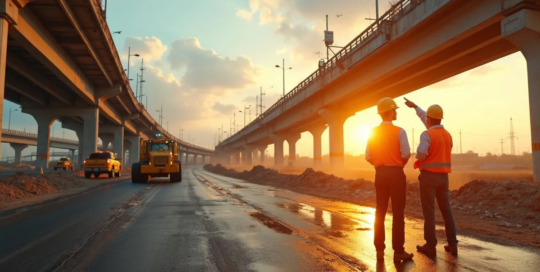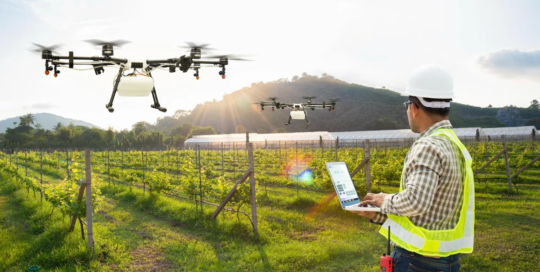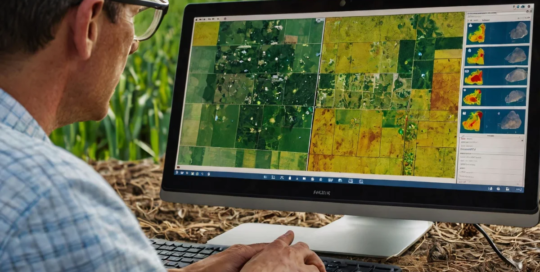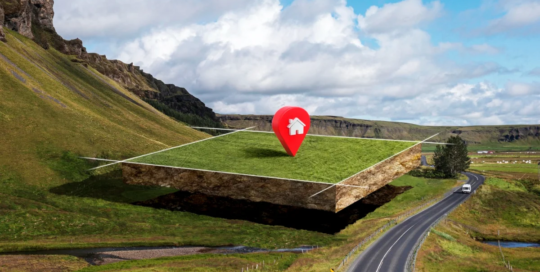Develop plans for surface transportation projects, according to established engineering standards and state or federal construction policy. They prepare designs, specifications, or estimates for transportation facilities. They plan modifications of existing streets, highways, or freeways to improve traffic flow.
Civil engineers
2025-07-31T20:21:40-06:00Perform engineering duties in planning, designing, and overseeing construction and maintenance of building structures, and facilities. They work on roads, railroads, airports, bridges, harbors, channels, dams, irrigation projects, pipelines, power plants, and water and sewage systems
Chemical engineers
2025-07-31T20:21:34-06:00Design chemical plant equipment and devise processes for manufacturing chemicals and products, such as gasoline, synthetic rubber, plastics, detergents, cement, paper, and pulp, by applying principles and technology of chemistry, physics, and engineering.
Agricultural engineers
2025-07-31T20:21:27-06:00Apply knowledge of engineering technology and biological science to agricultural problems concerned with power and machinery, electrification, structures, soil and water conservation, and processing of agricultural products.
Aerospace engineers
2025-07-31T20:20:24-06:00Perform engineering duties in designing, constructing, and testing aircraft, missiles, and spacecraft. They conduct basic and applied research to evaluate adaptability of materials and equipment to aircraft design and manufacture. They recommend improvements in testing equipment and techniques.
Geodetic surveyors
2025-07-31T20:20:17-06:00Measure large areas of the earth's surface using satellite observations, global navigation satellite systems (gnss), light detection and ranging (lidar), or related sources.
Surveyors
2025-07-31T20:20:11-06:00Make exact measurements and determine property boundaries. They provide data relevant to the shape, contour, gravitation, location, elevation, or dimension of land or land features on or near the earth's surface for engineering, mapmaking, mining, land evaluation, construction, and other purposes.
Cartographers and photogrammetrists
2025-07-31T20:20:02-06:00Collect, analyze, and interpret geographic information provided by geodetic surveys, aerial photographs, and satellite data. They research, study, and prepare maps and other spatial data in digital or graphic form for legal, social, political, educational, and design purposes. They design, evaluate and work with geographic information systems and mapping systems.
Landscape architects
2025-07-31T20:19:46-06:00Plan and design land areas for projects such as parks and other recreational facilities, airports, highways, hospitals, schools, land subdivisions, and commercial, industrial, and residential sites.
Architects, except landscape and naval
2025-07-31T20:19:41-06:00Plan and design structures, such as private residences, office buildings, theaters, factories, and other structural property.










